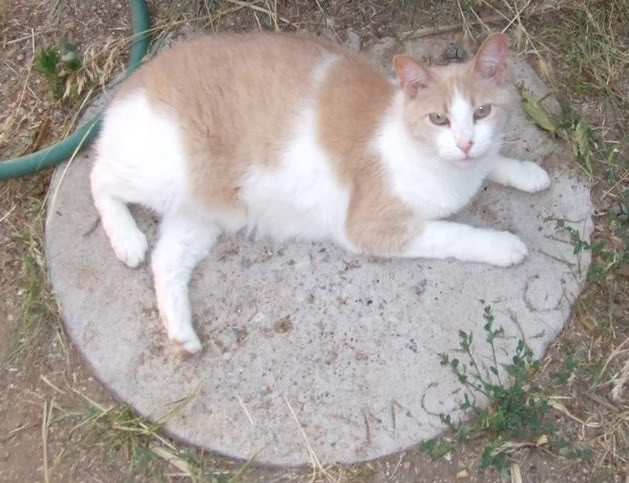
Flower

I noticed one morning I was really patient with my irritating cat. That was cool, and I announced to one of the discussion lists that I was going to work it into my talk about things that surprised me. We've long been sweeter with our current dog than we ever were with a dog before, and somewhat the cats too, but usually I hiss at the cat to get away from me when he gets in my face early in the morning and this morning I told myself that the cat can't open a can, and he's excited that I'm awake, and the dog probably ate their canned food, so I just very calmly followed him in there and fed him and he was very happy. I doubt it's my last frontier, it's just my current frontier.The time might come when you don't even remember having been so unreasonable, and that's pretty wonderful.We leave food down for our dog. Sometimes the neighbor dog comes in and eats it. We have a friend who’s house sitting for us. She was surprised that our dog and cats didn’t mind her dog eating from their dishes. Her dog is fed separately, and finishes it all. Ours know there will be some more later if that gets eaten, so they only eat when they’re hungry.
For all the "be gentle" that parents give their babies about how to touch cats and dogs, the parents themselves aren't always so gentle. Over the years of having children grow up around our dogs and cats I became more compassionate toward the pets. Having learned to communicate with and to understand non-verbal babies, I was better at understanding "non-human-speaking" animal companions.
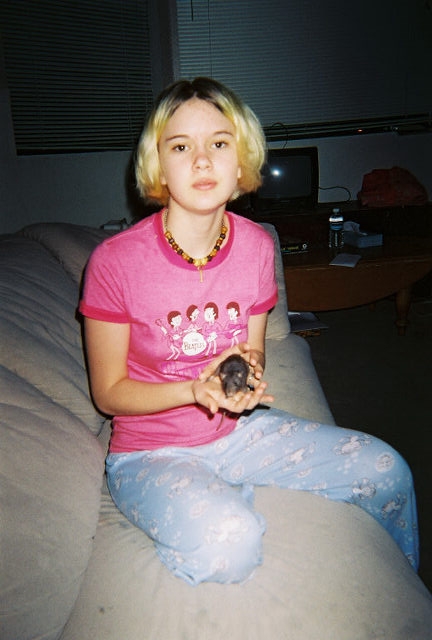
Julie Mink Schiffman:
Over and over I am amazed at the parallels between dog training and parenting/teaching.Seriously, hear me out...
I got my first dog when I was single and living alone. Lucy and I went to dog training classes at the time, and they implemented a combination of rewards and punishments, and the trainers all embraced "dominance theory" of dog training. And at the time, I was amazed at how similar that training resembled the work I did in my master's program for special education based on Lovaas' (and others') behavior modification models. It struck me, and not in a good way.Then I became a parent (after having left the teaching profession long before), and we opted to homeschool, and unschooling truly called to me. Unschooling is based on your relationship with your child, and this relationship-based approach to parenting and teaching made so much sense to me.
Fast forward a few more years, and we get another dog...and we try some new trainers and classes, and we do more research online and read new books, and we find that positive, relationship-based, non-dominance theory dog training exists! It amazed me once again how much this kind of dog training resonated, but this time in such a 'this feels right' kind of way. Now I see more and more trainers embracing this model, and I love it!
Highly recommend Michelle Stern @ Pooch Parenting for all your dog training and support needs!
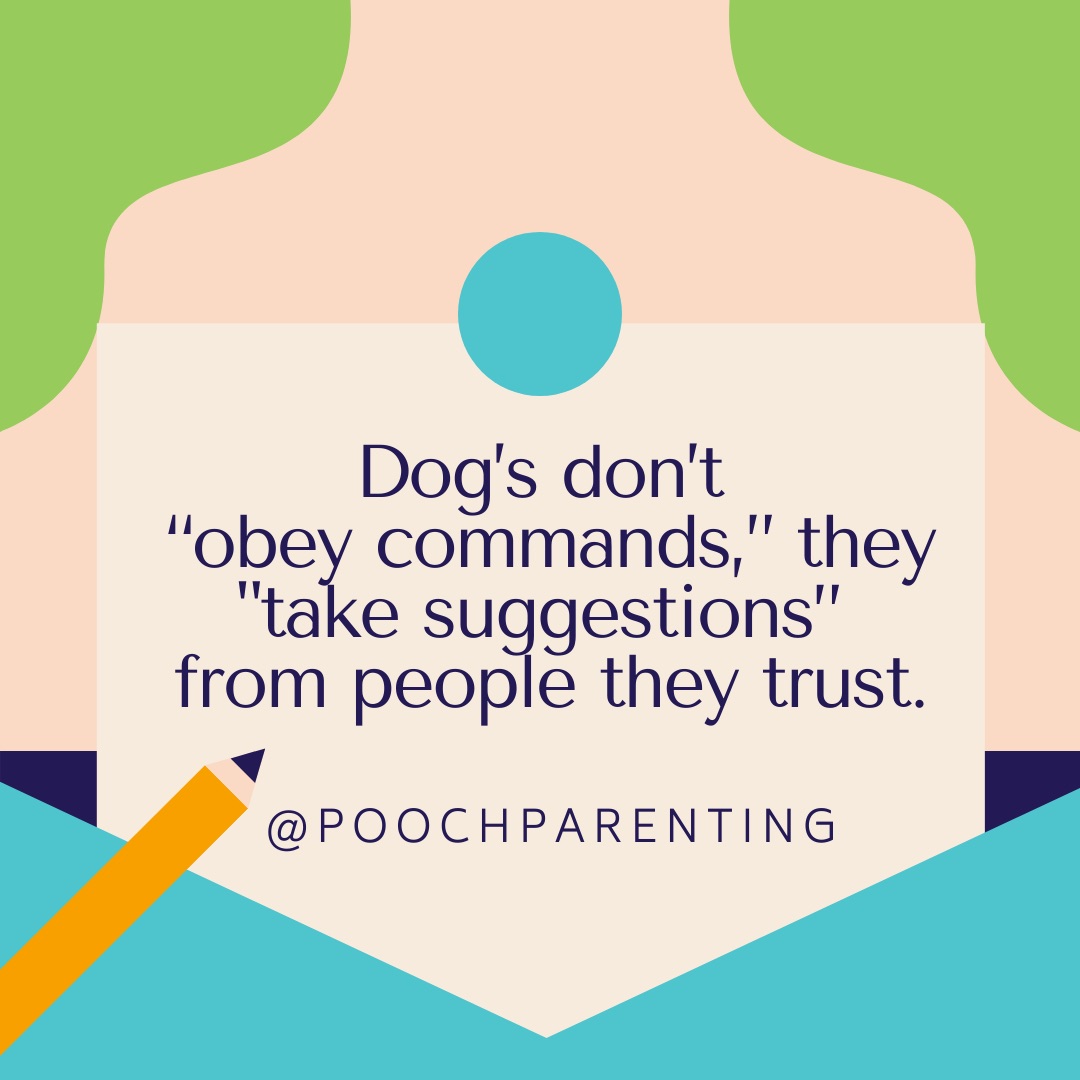
Julie posted that on facebook in November 2020, and there were some responses.
One commenter wrote, "We’re pretty much attachment/partnership parenting our 4.5 month old pup! For this exact reason. It doesn’t seem right to treat him any less humanely than the kids!"
Julie recommended the book Love Is All You Need: The Revolutionary Bond-Based Approach to Educating Your Dog, by Jennifer Arnold.
We had our dog in puppy obedience training. Marty was the trainer-attendee and I just went and sat, but after the second session Marty said "no more." He didn't want to treat the dog that way. Marty was eight or nine, and knew he wanted to be sweet and reasonable with the dog.Yesterday Marty and I took that 13 year old dog to a groomer--walked a block from here--because she's too old to clean herself and doesn't go for walks anymore so her nails are too long to be comfortable on the wood floor. The groomer was impressed with Gudrun's behavior and calm and "obedience" and all that, but we've pretty much done what that article recommended. We figured out what she wanted and gave it to her.
When we left with our clean dog, we didn't think about the fact that we had left the collar there. She doesn't need a collar to go for a walk; we took it as a legality because we were leaving the yard.
When I speak about "unforeseen benefits," I talk about how unschooling changed the way we are with our pets and our yard and our trees.
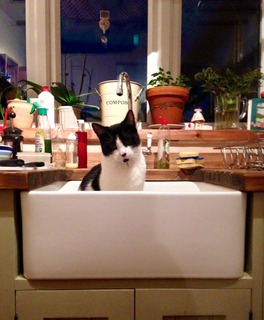
Small moments of peace and calm can add up to contentment. Gratitude and acceptance contribute to satisfaction. Having a warm home isn't an absolute, and it's not magic. It's the accumulation of positive choices that create a nest for humans (and their significant animal others).
Cathy Koetsier lives in Norfolk, in a beautifully converted barn where I've been privileged to visit.
As you will realize the more you get to know me, I am passionate about horses. I always have been, although I did not learn to ride until I was almost 30. Three of my daughters shared that passion, and for many years we studied natural horsemanship (or 'horse whispering'). We have been students of Parelli Natural Horsemanship, of Ingela Larsson Smith's H-Factor horsemanship, and of the Think Like A Pony instructors programme.
Julie went on to do an apprenticeship with the British Racing School and spent 2 years in Newmarket, exercising racehorses while obtaining her Diploma in Racehorse Care.
Kerrin backs and trains young horses and addresses behavioural problems in older horses. Horses - and things to do with horses - have remained a primary focus in our lives. Our understanding of equine behaviour and communication has been greatly enhanced, and we enjoy a degree of relationship with our horses that we would only have dreamed of before. We have learned so much from horses.
One of the huge benefits of horsemanship is the awareness and understanding one gain of one's 'self'. Because horses are body language communicators, they will show you how things really are, not how you think they are - and you are thus presented with an opportunity to be honest about yourself. While deeply humbling, this is a wonderful thing... I have been confronted with some uncomfortable truths along the way and have had the chance to learn and grow and change. Because of my own experience I have had opportunities to work together with my horses to help people overcome mental and emotional problems and understand themselves better. I love seeing this process and I would like more opportunity to facilitate horse-human encounters in the future.
Sue Patterson & Cydney Romano's Unschooling Blog Carnival for March 2012 has links to stories about unschoolers and the animals in their lives.
Sue Patterson, who has taken up the Unschooling Blog Carnival along with Cydney Romano, has been bugging me to write a blog post about their next month’s theme, which is “Animals.” I’ve been uninspired in spite of the fact that our family has a new dog, Persie, a small, female mixed terrier we rescued in late December from the city animal shelter. (She is named after Robin Van Persie, the soccer player, by the way.)
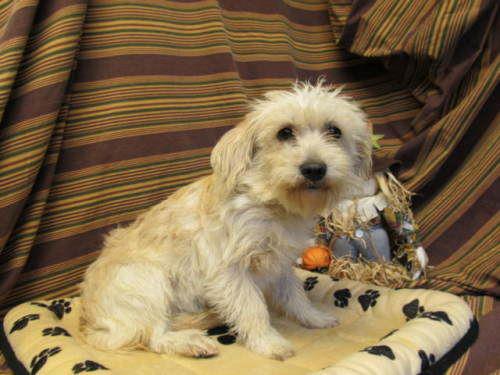
I think my lack of inspiration might be because the connection between unschooling and animals is almost too obvious. I mean, animals and unschooling seem to go together like peanut butter and jelly. Yes, of course, you can have one without the other—but boy, oh boy, are they good together!
Still, I don’t feel very inspired to write about all the great things kids learn from interacting with animals. I thought I could write about Rosie’s years of intense involvement with horses. Or, maybe Roxana’s deep deep love for all things related to cats would be interesting. I could talk about Roya swimming out in the ocean among the dolphins and where that kind of experience has brought her today. These interests led from one thing to another and resulted in a tremendous wealth of opportunities for learning all kinds of things.
But, right now, we have a new one-year-old dog and we’re taking her to “puppy school.” So I’m immersed in thoughts of “training” and positive reinforcement. And I can’t help considering how this kind of dog training compares to how our children grew up. People sometimes talk about unschooling their dog. I think by that they mean they are kind and generous and give a lot of freedom to their pet and the dog learns without formal training. The instructors at our puppy classes might be a little surprised to discover how sweet a dog can be and how much it can learn if given appropriate and accurate feedback, but not formal behaviorist training. But I think this approach applies to some breeds far more than others. Our instructors are very into positive reinforcement – training dogs to do tricks using treats as rewards. I keep imagining training our children that way, thinking how silly it seems, and then I remember that this IS the way many people think of raising children. Well, many use negative reinforcement (punishment) and the more enlightened use positive rewards instead of negative consequences. This is the reason for gold stars and stickers and free pizza for reading 15 minutes a day and so on.
Of course, dogs DO respond to incentives, and so do people. Our instructors’ dogs are trained to do over 200 tricks. Could I, or would I want to, say the same about my children? If want my dog to sit and stay on command, I can train her to do that. It takes time, but it isn’t at all hard. I just have to keep rewarding successive approximations of what I want her to do and, eventually, she’ll do it when I tell her to do it. This is behavior shaping and it can work on people, too. Why not train our kids like we train dogs?
The answer is that we want more from our children than instant obedience, we want them to learn to use judgment and take initiative and, well, think for themselves. Training them with rewards may seem positive and at least better than using threats and punishments. It may seem easy and may get short-term results. But, good strong human relationships do not develop between parents and children when parents treat children like pets who need to be trained.
And yet, people do respond to incentives and behaviors do have consequences. Sometimes people say they are using “logical” or “natural” consequences to teach their children. These are typically euphemisms for a form of punishment – a way to “negatively reinforce” certain behaviors. This is the flip side of reward training. If a child leaves a toy outdoors and it begins to rain, the parent may call it a natural or logical consequence to leave the toy outdoors to be ruined. I call it mean and that is exactly what the child will think of it.
Is there an alternative? Yes. Relationship-based parenting is living in a household with each person giving and getting what they need, including support and encouragement and information. Parents take responsibility for being kind and generous with their children while their their children are growing into kind and responsible people, themselves. The parents do this by BEING kind and generous and responsible with their children. Children learn what they live with. Parents should also give good, clear, and accurate information to help their kids understand how the world works, but they can do that while being kind and helpful, they don’t have to create opportunities for negative lessons to be learned. “I brought your doll in out of the rain; I dried her off and I think she’ll be okay,” versus “You left your doll out in the rain after I’d told you 10 times to bring her in. It is your responsibility and I warned you so I left her there and now she’s ruined.” The first parent has just helped her child along the road to learning thoughtfulness, care of property, and kindness. The second parent has modeled irritation, impatience, and cold-heartedness. Which will the child learn?
Children are not pets to be trained, but young humans to be loved and guided with compassion and kindness. My dog seems to be enjoying her puppy school training sessions. She’s excited and eager. But my children would have felt manipulated, insulted, and controlled and would NOT have responded well.
Do you remember “Silly Pet Tricks?” I hate to mention it, because someone might take me up on it, but I can easily imagine a tv reality show called, “Silly Kid Tricks,” where parents are taught to use positive reinforcement to shape a child into doing some foolish-looking behavior. Let’s not go there. Let’s love and share and model and live our lives with our children and avoid trying to manipulate them into doing tricks for us.
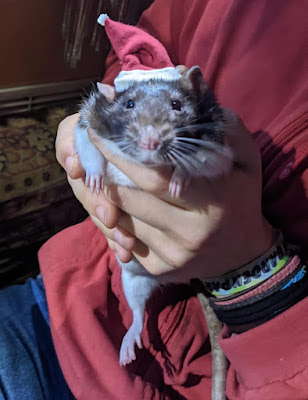
Marty's dog Gudrun used to bark at the front door, and we would open and let her lean out and look. She would stand there alert, and when she relaxed, we would say "is it okay?" and she would respond in some positive happy-dog way, and we would close the door.
It's the purpose of dogs to help guard the property, and they need to see what's going on. Sometimes a frenzy of barking is because they are trying to follow their instinct, and their partner people are not enabling them to do that well.
In Kirby's neighborhood in Austin, a yard with a long wooden fence has a dog window in it. Brilliant thinking, and nice workmanship, too.
Nest Joy
Peace
Learning (as a better concept than "teaching") applies here, too